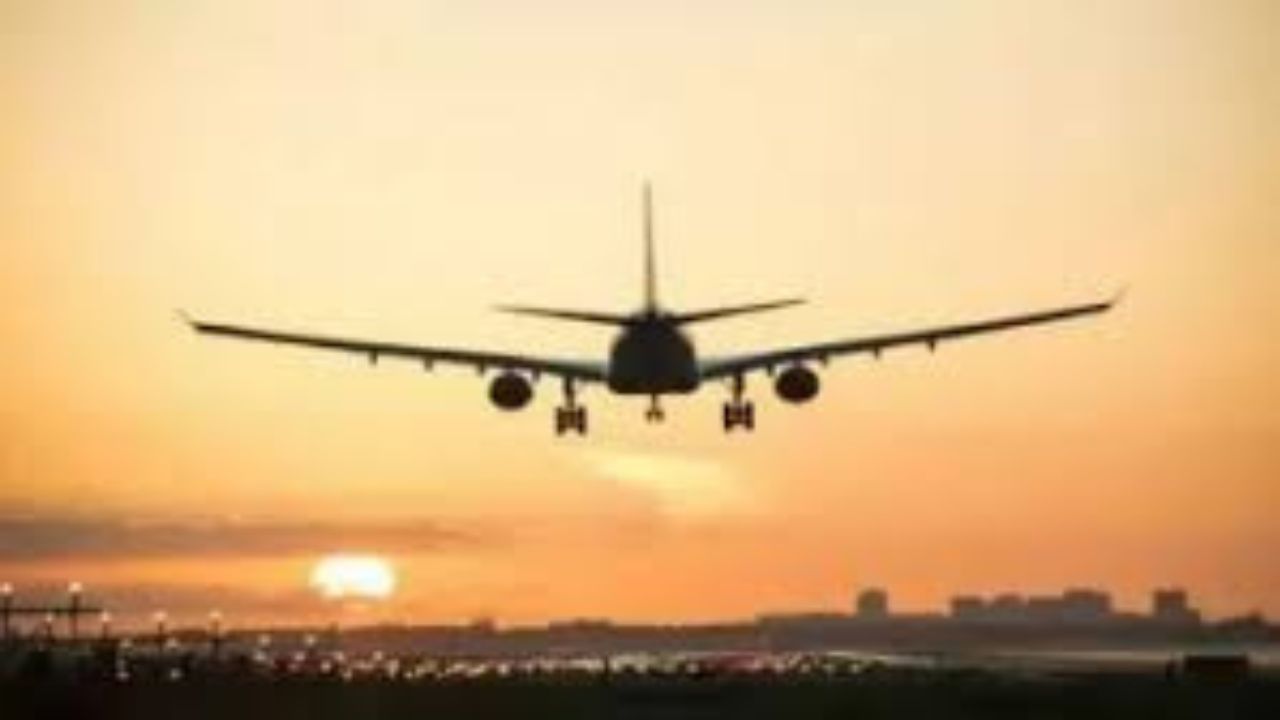 English
English

DGCA has issued necessary amendments based on the airworthiness instructions issued by companies designing or manufacturing aircraft, engines and components registered in India.

DGCA orders airlines to check all Boeing aircraft fuel switch locks
New Delhi: India's aviation monitoring body Directorate General of Civil Aviation (DGCA) has instructed all airlines in the country to thoroughly check the fuel switch locking system in Boeing 787 and 737 aircraft. DGCA has set a deadline of July 21 for the investigation. DGCA has said that this step has been taken to ensure the safety of passengers. According to some international reports, a technical flaw has been found in the fuel switch locking system of these aircraft, which can pose a threat to safety.
What did DGCA say?
DGCA has issued necessary amendments based on the airworthiness instructions issued by companies designing or manufacturing aircraft, engines and components registered in India. The letter issued by DGCA states that 'It has come to the notice of DGCA that many international and domestic operators have started inspection of their aircraft fleet as per SAIB NM-18-33 dated 17 December 2018. In view of the above, all air operators of affected aircraft are advised to complete the required inspection under SAIB number NM-18-33 dated 17 December 2018 by 21 July 2025.'
The conversation in the cockpit was also described as incomplete!
In the report, only one line was shared from the cockpit voice recorder (CVR), a pilot asked: "Why did you turn off the switch?" The answer was: "I did not." Now the question is, which pilot said this? At that time the co-pilot was flying the plane and the captain was monitoring. In such a situation, it becomes difficult to determine the direction and responsibility of the real conversation.
Did Boeing withdraw?
AAIB did not require any action from Boeing in the report. Just a few hours later, Boeing sent a message to 787 operators around the world that no action is required regarding this accident. That is, no system was considered to have failed. This is the same Boeing, which has faced criticism after the 737 MAX accidents, in which 346 people died. At that time also, initially the company blamed the pilots, but later the defect of the MCAS system came to light.
Why was the FAA's 2018 warning ignored?
This is not just a matter of today. In the year 2018, the FAA had warned that the fuel switches of Boeing 787 could move on their own, if their locking system is loose. At that time this warning was given as a suggestion, no necessary rule was made. Now aviation experts of India are asking, if the danger was so big, then why was the necessary action not taken at that time?